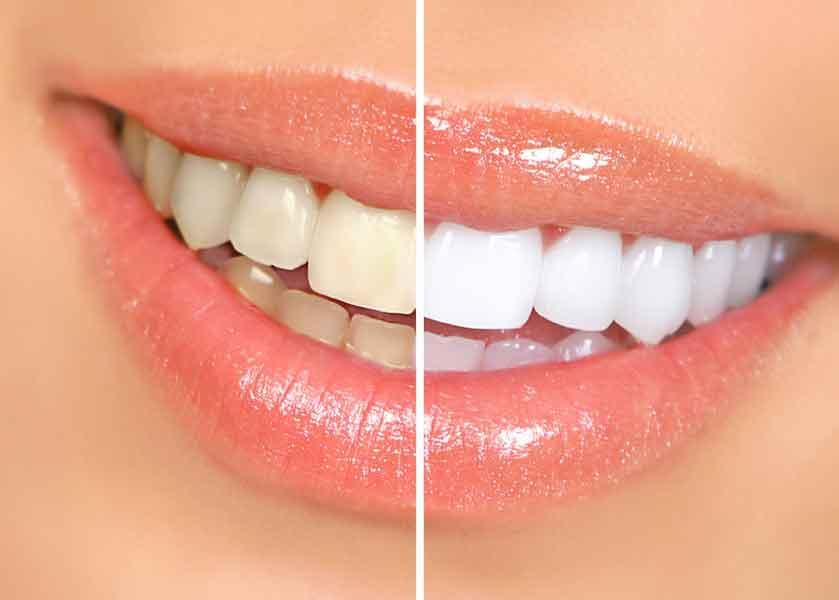Introduction
Dental emergencies can happen suddenly and often cause pain, discomfort, or damage to the teeth and gums. Knowing what to do in such situations can help you protect your oral health and prevent the problem from getting worse. This article covers the most common dental emergencies, how to handle them, and when it’s important to visit a dentist.
1. What Is a Dental Emergency?
A dental emergency is any problem involving the teeth, gums, or mouth that requires immediate attention. Whether you’re experiencing pain, bleeding, swelling, or a broken tooth, finding a dentist near me quickly is essential. Ignoring such problems can lead to more serious issues; therefore, prompt treatment is crucial.
2. Common Types of Dental Emergencies
Toothache
A sharp, intense toothache can result from cavities, an infection, or an injury. If the pain doesn’t subside, rinse your mouth with warm water and gently floss to remove any food particles that may be stuck. Avoid placing aspirin directly on the tooth or gums, as it can irritate.
Broken or Chipped Tooth
If you chip or break a tooth, rinse your mouth with warm water and, if possible, keep any broken pieces. Apply a cold compress to reduce swelling and see a dentist quickly.
Knocked-Out Tooth
If a tooth gets completely knocked out, pick it up by the crown (avoiding the root) and gently rinse it with water. Place it back in its socket if possible, or keep it in a container of milk. Seek dental care immediately, as prompt action can help save the tooth.
Lost Filling or Crown
When a filling or crown is lost, it can cause discomfort and leave the tooth vulnerable to further damage. Dental cement from a pharmacy can be used as a temporary solution, but it’s important to see a dentist promptly.
Gum or Mouth Injury
Cuts to the gums, lips, or tongue can cause bleeding. Rinse with warm water and apply gentle pressure with a clean cloth or gauze. If bleeding doesn’t stop after 10 minutes, seek emergency care.
3. When to Seek Immediate Help
You should contact a dentist right away if you have:
- Severe tooth pain that doesn’t go away
- A knocked-out or loose tooth
- Swelling of the face or jaw
- Persistent bleeding in the mouth
- Signs of infection, such as pus or fever
4. How to Prevent Dental Emergencies
Although some accidents can’t be avoided, many dental emergencies can be prevented by following good habits:
- Brush and floss daily to keep teeth and gums healthy
- Wear a mouthguard when playing sports.
- Avoid chewing hard foods like ice or popcorn kernels.
- See your dentist regularly for check-ups.
Conclusion
Dental emergencies can be overwhelming, but knowing how to respond can make a significant difference. Quick action can reduce pain, prevent further damage, and even save a tooth. By taking care of your teeth every day and visiting your dentist regularly, you can lower the chances of facing an emergency and protect your smile for years to come.

